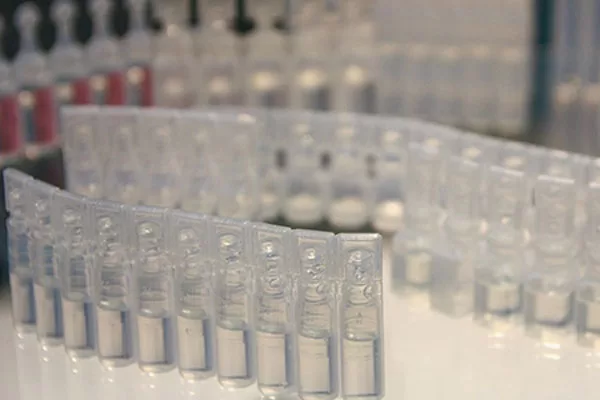The medical industry demands a high level of accuracy and quality in device manufacturing. Plastic injection molding offers a production method capable of meeting these requirements while maintaining low costs and scaled production volumes.
There are several benefits to integrating plastic molding technology into medical device manufacturing. From high-volume production to cost-scaling advantages and compliance with regulatory guidelines, injection molding manufacturing techniques are second to none. Let’s unpack the benefits in detail.
1 Precision & Accuracy
The medical device industry caters to thousands of hospitals, clinics, doctors’ offices, healthcare providers, and individuals around the globe. If there’s an issue with poor quality in device manufacturing standards, the results could be catastrophic, costing lives.
Plastic injection molding offers production consistency with a high level of precision. Tolerances in medical device manufacturing can be as low as +/- 0.025mm, allowing a degree of accuracy not available with any other high-volume production method.
2 Excellent Customization & Durability
Plastic injection molding techniques are useful in medical device prototyping and mass production. This manufacturing technique offers a high level of customization, external and internal threads, and a huge range of undercuts and colors. Plastic injection molding is suitable for many applications, including the following.
- Component and enclosure design
- Equipment casings and housings
- Medical device control knobs
- Wearable technology
Components manufactured with plastic injection molding techniques are resilient, withstanding demanding environments without shattering, cracking, or breaking.

Injection molding for medical devices
3 Fast Product Development & Cost-Scaling
The fast turnaround time in plastic injection molding manufacturing curtails the product development timeline. The minimal chance of errors in the process makes it ideal for OEMs and suitable for bulk production of devices and components.
The cost-scaling benefits of plastic injection molding allow OEMs to offer affordable manufacturing while benefiting from economies of scale.
4 Medical-Grade Materials
There are several medical-grade materials available for plastic injection molded products. The versatility of injection molding allows manufacturers to integrate durable, lightweight plastics in several grades to ensure ease of handling, product quality, and biocompatibility.
Using plastic-based materials in device components allows fast production speeds while maintaining quality and cost advantages over other production methods.
Several plastics suit manufacturing processes for medical devices, each offering different properties.
Polycarbonate – High vibration and impact resistance. Polycarbonate is ideal for use in transparent device components, and the properties of this plastic make it resistant to high-heat operating conditions and UV light.
Polystyrene – This transparent material is colorless and readily accepts pigments allowing manufacturers to create colored components. The low cost of the material and its sturdy, inflexible properties make it ideal for the production of pipettes, flasks, and Petri dishes.
Polyetheretherketone (PEEK) – This thermoplastic is ideal for producing temperature-resistant components in extreme aqueous or organic environments. PEEK offers incredible wear resistance and is common in electrical component manufacturing. Its high-temperature resistant properties also suit use in parts exposed to radiation and won’t distort from its finished shape.
Polyethylene – This material is ideal for medical devices enduring daily exposure to the elements or high-use environments. It’s a common material used in producing hand-held and wearable medical devices.
Polypropylene – This material features excellent radiation resistance and is a great choice for components requiring several autoclaving runs.
5 Compatible with ISO Certification & FDA Regulations
The medical industry is strictly regulated, with manufacturers requiring production guidelines to meet FDA and ISO regulatory guidelines for quality, safety, and compliance. Medical devices manufactured using plastic injection molding technology are easy to sterilize, biocompatible, and safe to apply and operate.
The consistency and high level of control in the manufacturing process make plastic injection molding ideal for compliance with ISO and FDA standards.
